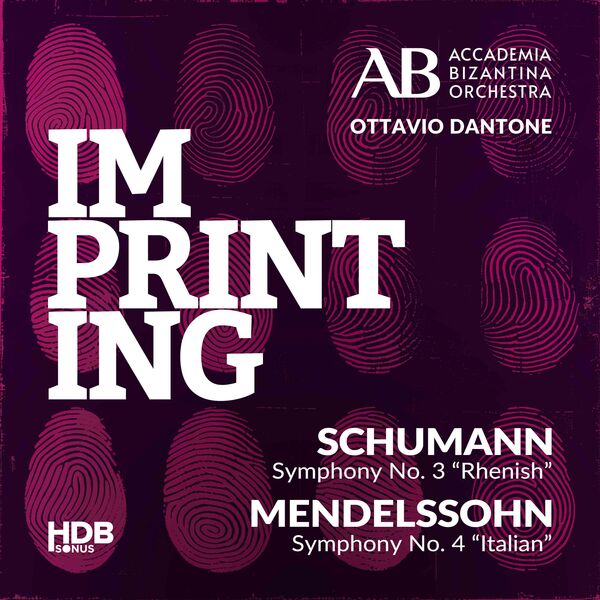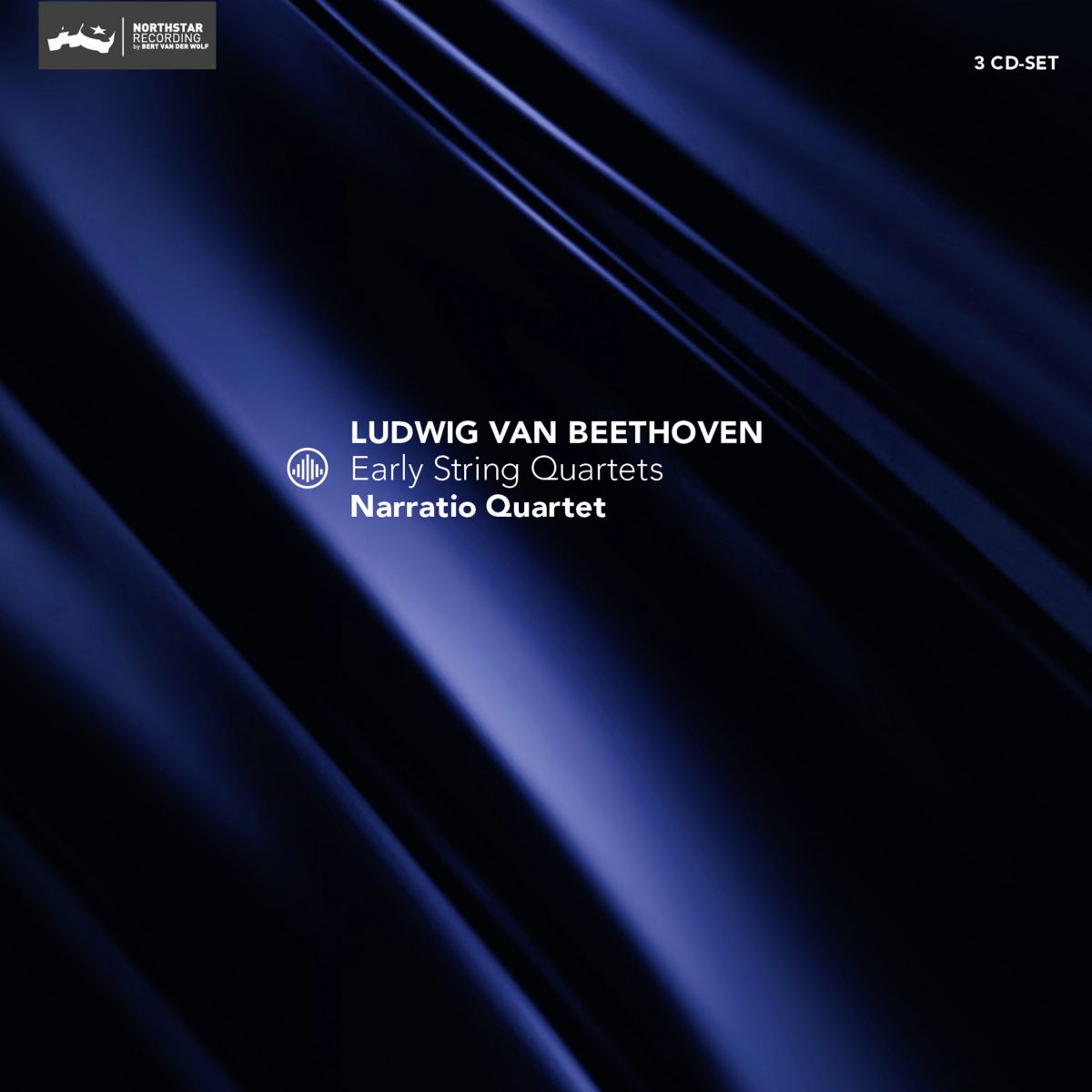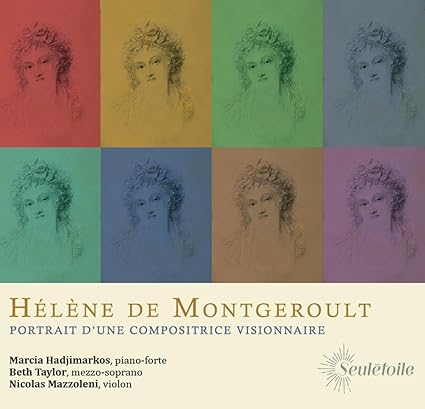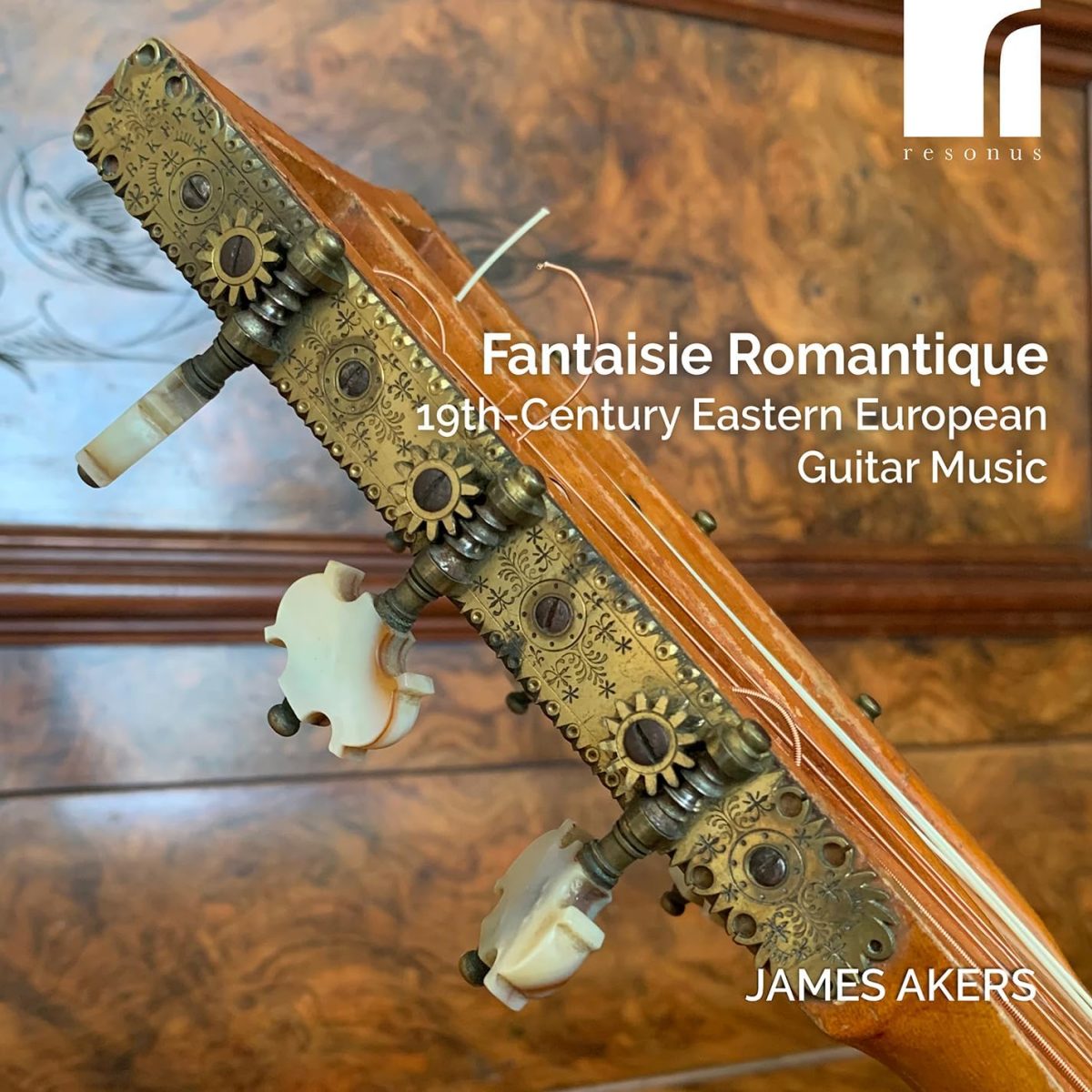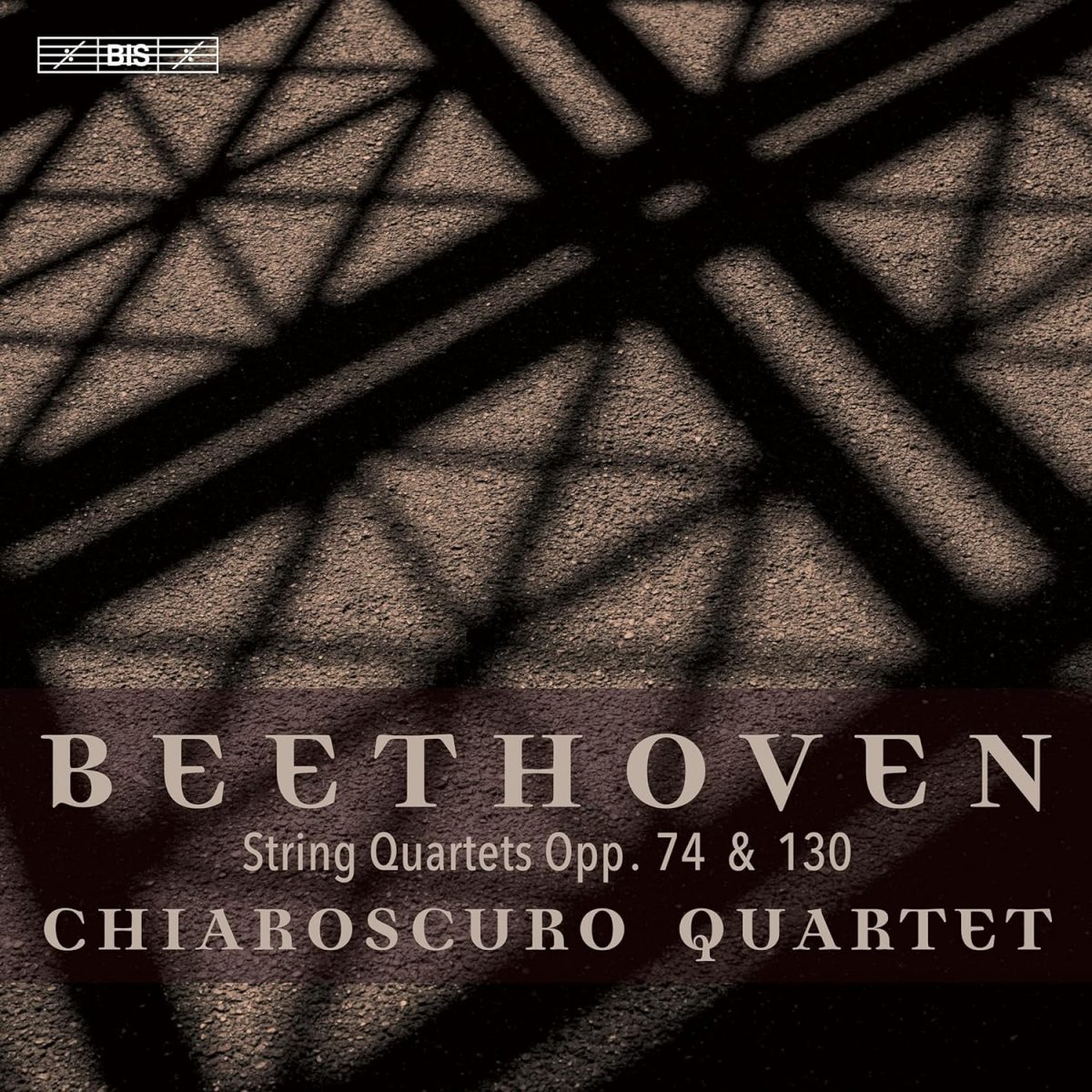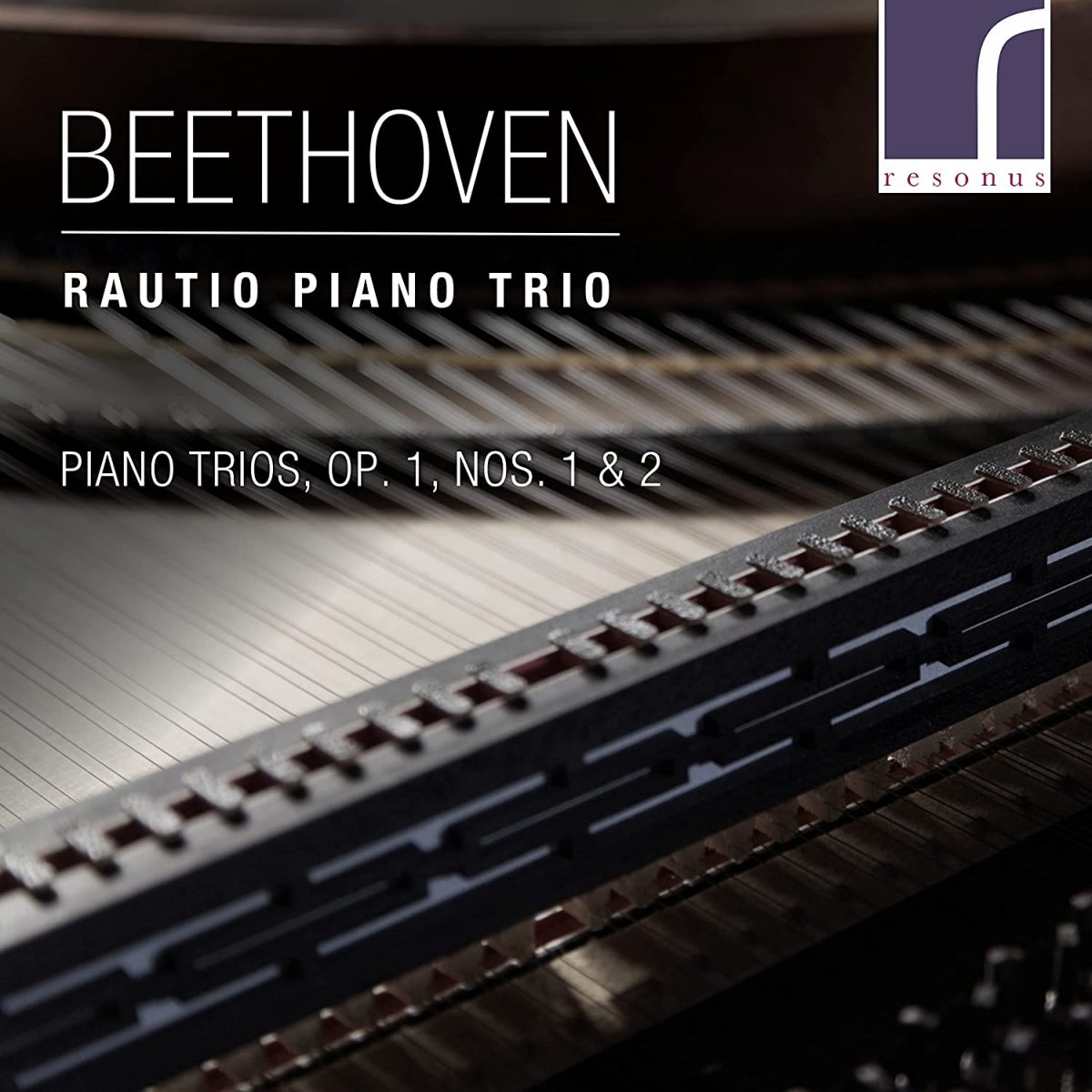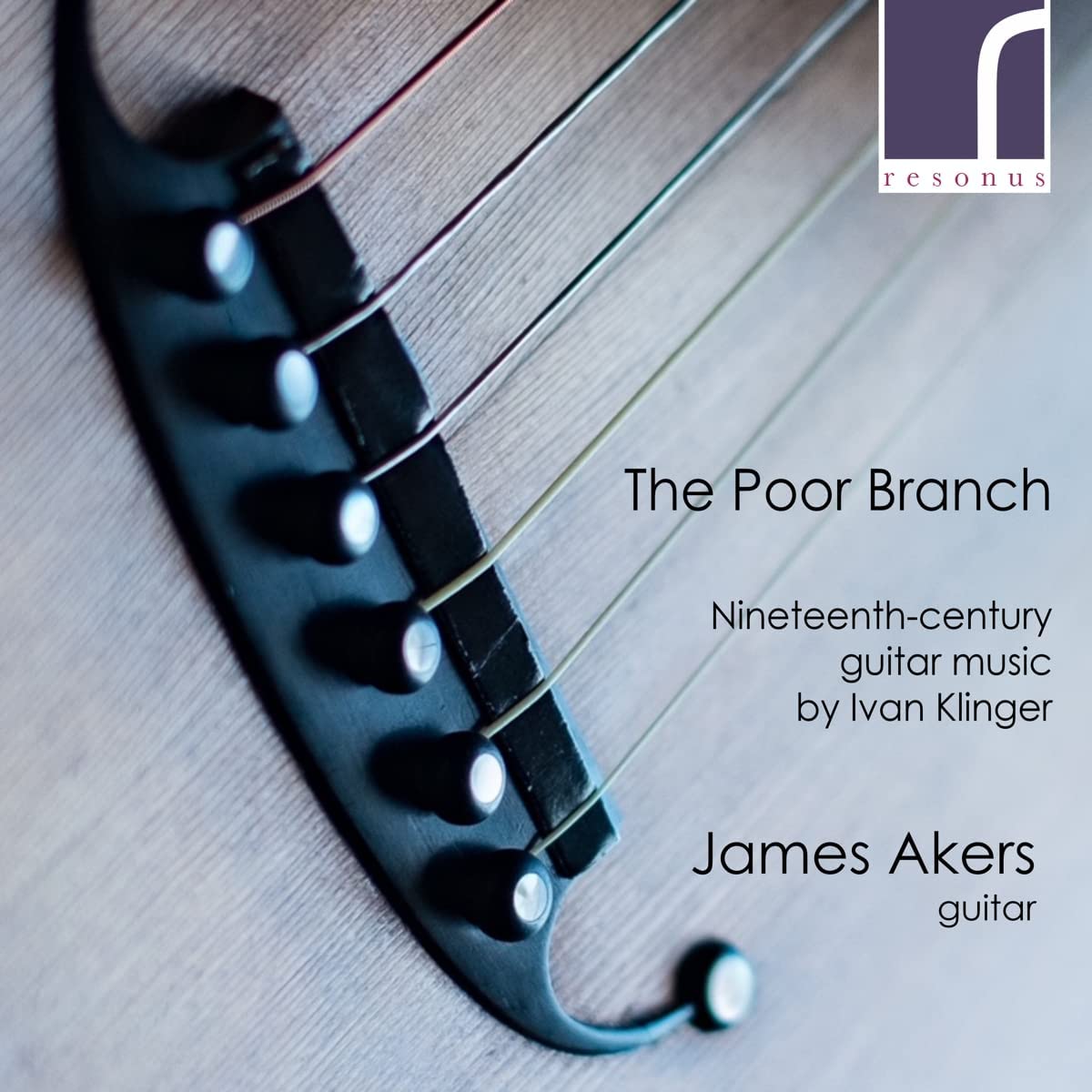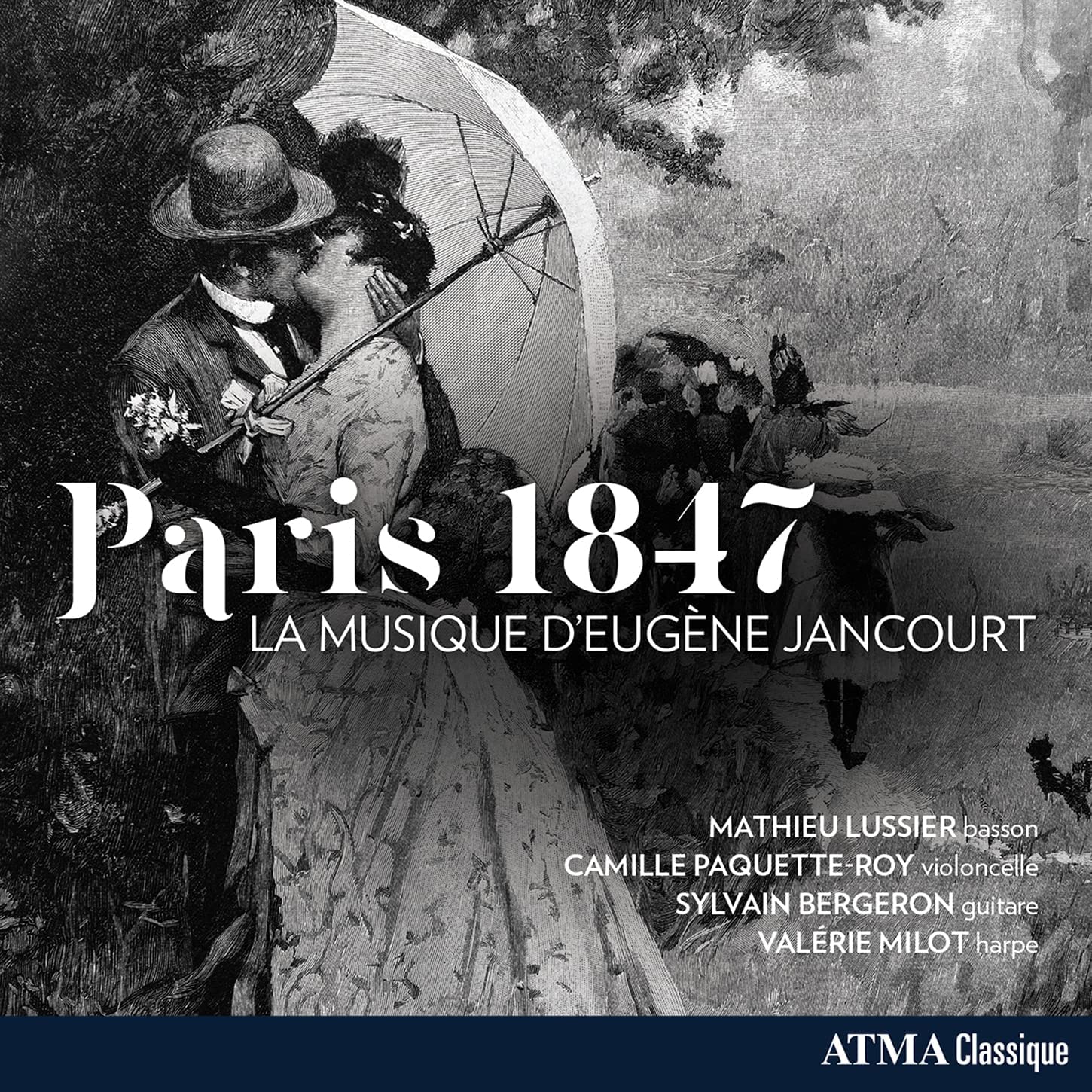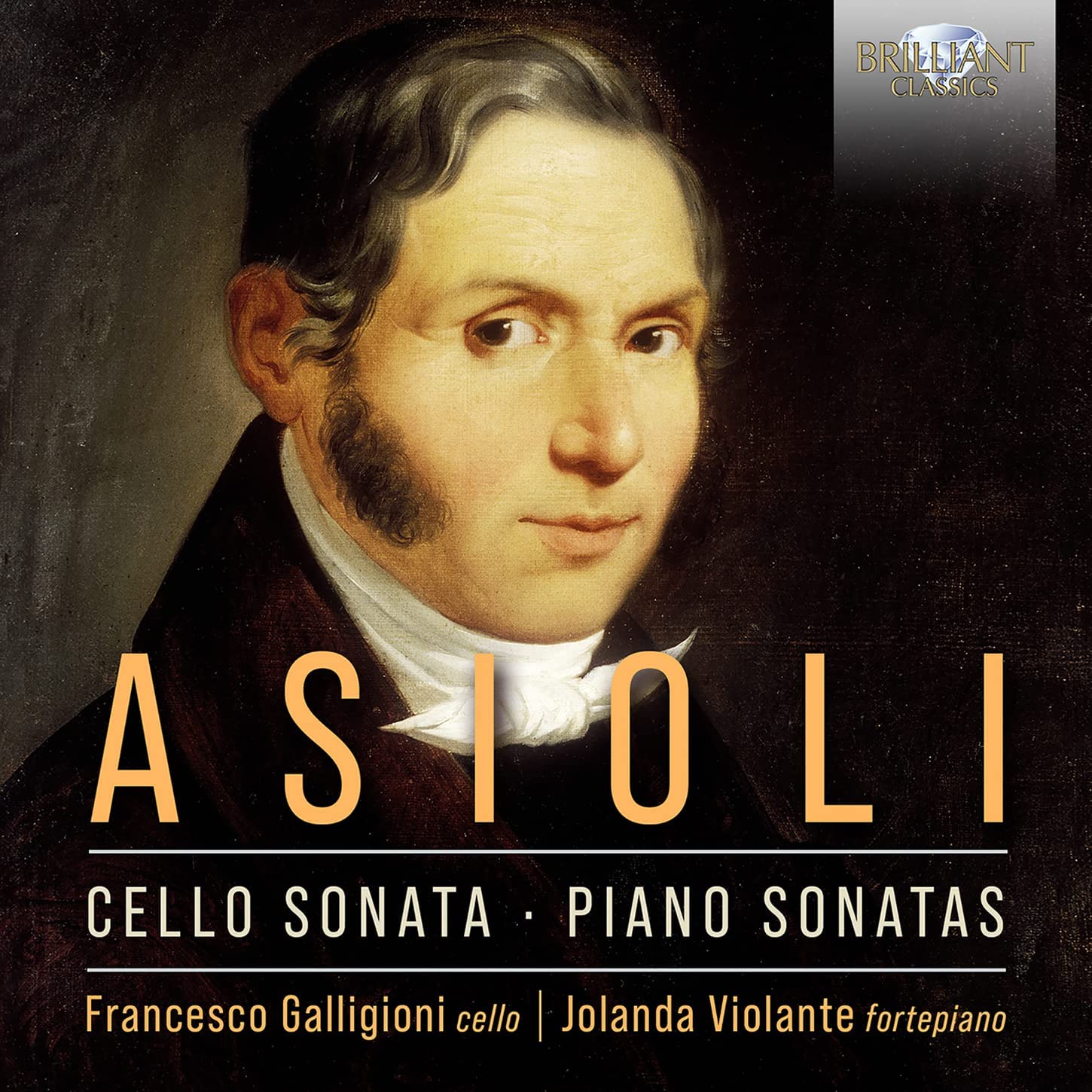Accademia Bizantina, conducted by Ottavio Dantone
59:08
HDB-AB-ST-004
An old cliché has it that Schumann’s symphonies suffer from thick, indifferently orchestrated textures. Not if they are played like this performance of the ‘Rhenish’ they don’t. Throughout both symphonies the listener is constantly struck not only by Dantone’s superb ear for balance but how helpful period instruments are when it comes to clarifying textures and providing colour. Thanks to conductors such as Mackerras and Norrington we are by now used to hearing this repertoire in this guise, but I do not recall previously being so aware of the rich inner detail of the contrapuntal writing in these works as there is here. It is relevant that in a perceptive note Dantone draws attention to the relationship both composers have with Bach, one of his great heroes. Thus, for example, in the development of the opening Allegro Vivace of the Mendelssohn, the counterpoint stands superbly revealed thanks to a lightness of touch comparable with the scintillating writing of the “Midsummer Night’s Dream” Overture.
‘Lightness of touch’ and ‘clarity of texture’ are two phrases that referring back to my notes I see recur time and again. They are benefits aided and complemented by the superb playing Dantoni inspires from an augmented Accademia Bizantina. String articulation is outstanding, the benchmark set by the cellos and double basses at the start of the Italian Symphony taken up and equalled by that of the upper strings in the secondary idea. The harmonie band is exceptional, too, never more telling than in the Andante con moto (the ‘moto’ well observed), where the delicate luminosity of the period flutes gives the music a magical ambiance. The beautifully paced Nicht schnell third movement of the Schumann finds lower strings and wind band exuding an affectionate, glowing warmth.
The succeeding Feierlich (‘solemn or grave’) is the most telling example of Dantone’s ability to span the architectural sweep of an entire movement, building the majestic edifice, said to have been inspired by a visit to Cologne Cathedral, to a quite overwhelming climax before gradually subsiding to a tranquil conclusion. In the final movement Lebhaft (lively, vivacious) Dantone avoids the temptation to take the heading to imply a fast tempo, keeping the movement moving at a brisk, but not rushed tempo which once again allows for admirable clarity of texture and building to an exuberant climax.
In his ‘Conductor’s Notes’ Dantone also discusses the importance of rhetoric in interpreting the music of the period, a topic that plays a major role in the recent Narratio Quartet recording of Beeethoven’s op. 18 String Quartets reviewed in EMR. It is fascinating to observe what seems to be an increasing preoccupation among some of today’s musicians with a topic whose importance, once a vital part of education, went out of fashion to the point where few today understand its linguistic let alone musical importance. Here there are fewer obvious cases of its application than in the Beethoven quartets; the use of portamento, for example, is subtly understated, often more hinted at then observed, but rubato is sparingly if tellingly applied at times, the second idea of the opening movement of the Schumann being an example.
In sum, I’ve found these performances revealing, challenging and endlessly fascinating. If, like me, you now infrequently visit works such as these, the music most of us grew up on, then do listen to these performances and prepare to have the senses refreshed.
It should be noted that the CD is available direct from www.accademiabizantina.it or www.hdbsonus.it
Brian Robins
